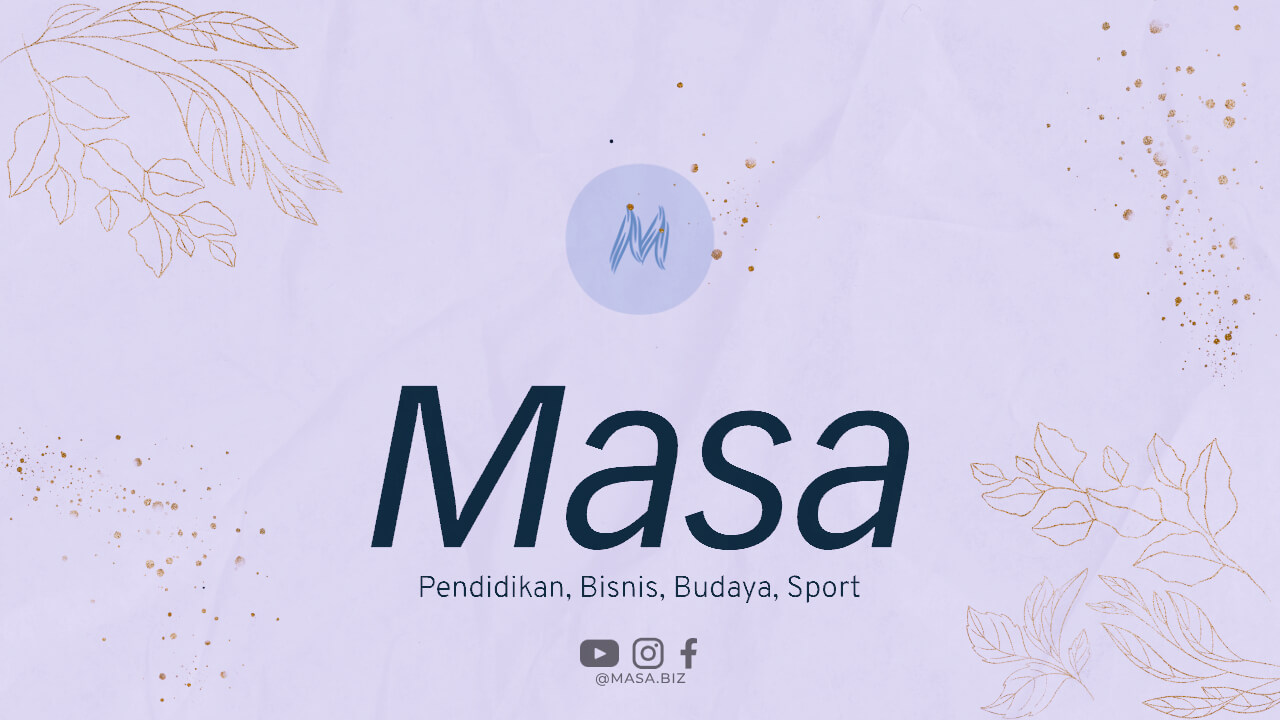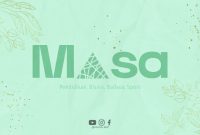Introduction
Tlatah yaiku pangud yaiku tuwuh yaiku kawigaten yaiku adalah sebuah fenomena yang unik dan menarik. Istilah “tlatah” berasal dari bahasa Jawa yang berarti kejang otot wajah yang tidak terkendali. Fenomena ini dapat terjadi pada seseorang yang sedang mengalami tangisan, tawa, ataupun kondisi emosional yang kuat.
Understanding Tlatah
Tlatah is a neurological condition that causes involuntary muscle contractions in the face. It is characterized by sudden, repetitive, and uncontrollable movements or tics that occur during emotional states such as crying, laughing, or periods of intense stress. These tics can range from mild to severe and can significantly impact an individual’s daily life.
Causes of Tlatah
There are several factors that can contribute to the development of tlatah:
1. Genetic Factors
Research suggests that there may be a genetic predisposition to tlatah, as it often runs in families. Certain genes may be responsible for the abnormal brain activity that leads to the involuntary movements.
2. Environmental Factors
Environmental factors, such as exposure to toxins or high levels of pollution, have been implicated in the development of tlatah. Studies have shown that individuals living in areas with poor air quality are more likely to experience the condition.
Symptoms of Tlatah
Tlatah is characterized by a range of symptoms that can vary in severity:
1. Facial Muscle Stiffness
One of the most common symptoms of tlatah is the involuntary stiffness or rigidity of the facial muscles. This can lead to facial contortions and abnormal expressions.
2. Uncontrollable Facial Movements
Individuals with tlatah often experience sudden and repetitive facial movements that they cannot control. These movements can include eye blinking, grimacing, or jerking of the mouth.
3. Irregular Breathing
Tlatah may also affect breathing patterns, causing irregular or shallow breathing during episodes of involuntary movements.
4. Breath Holding
In some cases, individuals with tlatah may involuntarily hold their breath for a brief period during a tic episode.
5. Startle Response
Individuals with tlatah may exhibit an exaggerated startle response to certain stimuli, such as loud noises or sudden touch.
Impact on Daily Life
Tlatah can have a significant impact on an individual’s daily life and overall well-being:
1. Communication Challenges
The facial tics and involuntary movements associated with tlatah can make communication difficult. It may be challenging for individuals with tlatah to express themselves effectively or be understood by others.
2. Social Interactions
Individuals with tlatah may face difficulties in social interactions due to the involuntary movements and unusual facial expressions. This can lead to feelings of self-consciousness and social isolation.
3. Emotional Distress
Living with tlatah can be emotionally distressing for many individuals. They may feel embarrassed or ashamed of their symptoms, leading to decreased self-esteem and confidence.
4. Sleep Disruptions
The involuntary movements and tics associated with tlatah can disrupt sleep patterns. This can lead to fatigue, daytime sleepiness, and difficulties in concentrating during the day.
5. Daily Activities
Tlatah can interfere with daily activities such as eating, drinking, and personal grooming. The involuntary movements may make it challenging to perform these tasks effectively and efficiently.
Treatment and Management
While there is no cure for tlatah, there are various treatment options available to help manage the symptoms:
1. Cognitive-Behavioral Therapy
Cognitive-behavioral therapy (CBT) can be beneficial in helping individuals with tlatah develop coping strategies and manage stress and anxiety, which may trigger the tics.
2. Physical Therapy
Physical therapy can help improve muscle control and coordination, reducing the severity of the involuntary movements associated with tlatah.
3. Medications
In some cases, medications such as antipsychotics or botulinum toxin injections may be prescribed to help manage the symptoms of tlatah. These medications work by reducing muscle activity and controlling the tics.
Prevention Strategies
While tlatah cannot be completely prevented, there are steps that can be taken to reduce the risk of developing this condition:
1. Stress Management
Managing stress levels effectively can help reduce the frequency and severity of tlatah episodes. Engaging in relaxation techniques such as deep breathing exercises, meditation, or yoga can be beneficial.
2. Emotional Well-being
Maintaining good emotional well-being is essential in managing tlatah. Engaging in activities that promote positive emotions, such as hobbies, socializing, and seeking support from loved ones, can help reduce the impact of the condition.
3. Environmental Factors
Avoiding exposure to environmental toxins and pollutants, such as air pollution or certain chemicals, can help reduce the risk of developing tlatah.
4. Healthy Lifestyle
Adopting a healthy lifestyle, including a balanced diet, regular exercise, and sufficient sleep, can contribute to overall well-being and potentially reduce the occurrence of tlatah episodes.
Conclusion
Tlatah yaiku pangud yaiku tuwuh yaiku kawigaten yaiku is a fascinating and complex condition characterized by involuntary facial tics and movements. While it can significantly impact an individual’s daily life, understanding the causes, symptoms, and available treatment options can help individuals with tlatah manage their condition effectively. By raising awareness and providing support, we can foster a more inclusive society that embraces differences and promotes empathy and understanding for those living with tlatah.




